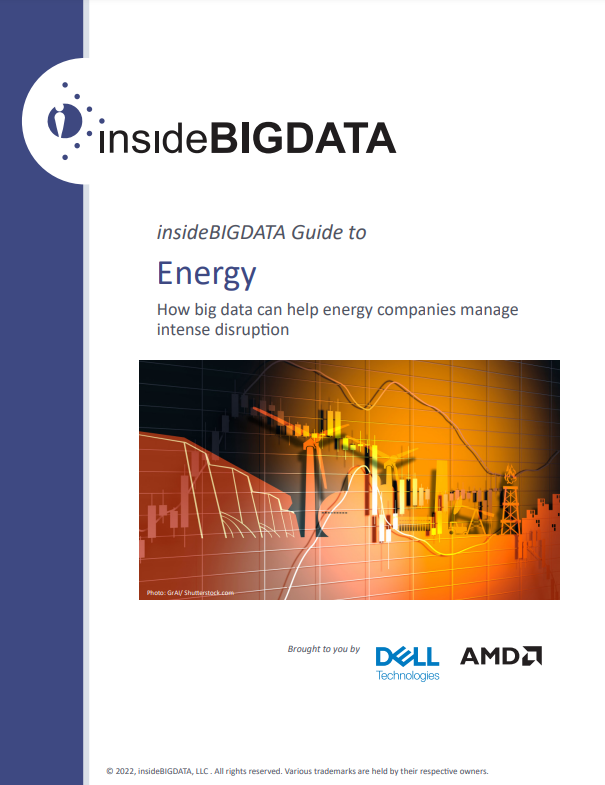Tesla to abandon Bitcoin for vehicle payments due to environmental costs
Elon Musk says his firm will look into supporting alternative cryptocurrencies that consume less than 1% of the energy Bitcoin does


Elon Musk caused the price of Bitcoin to fall last night after announcing that Tesla has suspended vehicle purchases using Bitcoin due to the huge amount of energy required to power the cryptocurrency.
The electric car firm will no longer sell Bitcoin or allow customers to purchase vehicles using the digital token due to concerns about the increasing use of fossil fuels for Bitcoin mining and transactions, especially the use of coal.
Musk, who has repeatedly advocated for cryptocurrencies as a spending vehicle, said his firm will look at supporting alternative cryptocurrencies that consume less than 1% of the energy that Bitcoin does, instead.
As Bitcoin’s popularity has continued to grow, the amount of energy consumption required to power the cryptocurrency has grown in parallel. According to the University of Cambridge, Bitcoin consumes roughly 148 Terawatt hours (TWh).
By way of comparison, the nations of Argentina, the Netherlands and the United Arab Emirates consume 121 TWh, 109 Twh, and 113 Twh respectively. Bitcoin’s power consumption was only 39 TWh in 2017, according to Digiconomist.
“Cryptocurrency is a good idea on many levels and we believe it has a promising future, but this cannot come at a great cost to the environment,” Musk said.
“Tesla will not be selling any Bitcoin and we intend to use it for transactions as soon as mining transitions to more sustainable energy. We are also looking at other cryptocurrencies that use <1% of Bitcoin’s energy/transaction.”
Sign up today and you will receive a free copy of our Future Focus 2025 report - the leading guidance on AI, cybersecurity and other IT challenges as per 700+ senior executives
Musk has long been seen as one of the tech industry’s greatest proponents of cryptocurrencies, and Bitcoin in particular. Only in February his company invested roughly $1.5 billion (approximately £1 billion) in Bitcoin, which the Bank of America estimated is the equivalent to the carbon footprint of the annual emissions of nearly two million cars.
Critics at the time derided the move given Tesla's previous commitment to be an environmentally friendly company. Information regarding the accelerating energy consumption of Bitcoin has been widely documented and was, at the time of Tesla’s investment, freely available online.
Musk had wanted to use Bitcoin as a means for paying for Tesla vehicles, with the $1.5 billion worth of Bitcoin granting the firm the liquidity once it started to accept payments.
RELATED RESOURCE

IT Pro 20/20: Understanding our complicated relationship with AI
The 16th issue of IT Pro 20/20 looks at the very human problems associated with artificial intelligence
This decision follows several other companies in announcing support for Bitcoin, or cryptocurrencies more widely. PayPal, for example, now allows users to trade using Bitcoin as well as other cryptocurrencies, while Mastercard last year announced it would begin supporting some cryptocurrencies, but not those used predominantly as an investment vehicle, likely ruling out support for Bitcoin and other mainstream cryptocurrencies.
The news that Tesla was dropping support for Bitcoin over environmental concerns sparked a price drop, and adds to a growing mood of anxiety about the ecological consequences of cryptocurrency mining - Bitcoin, in particular.
As for the cryptocurrencies Musk may look to as an alternative, Ether consumes roughly 10 times less power than Bitcoin per transaction, according to TRG Data Centres, at 63 KWh versus 707 KWh. Litecoin, meanwhile, consumes 19 KWh per transaction, Dogecoin consumes 0.12 KWh, and XRP consumes 0.0079 KWh.

Keumars Afifi-Sabet is a writer and editor that specialises in public sector, cyber security, and cloud computing. He first joined ITPro as a staff writer in April 2018 and eventually became its Features Editor. Although a regular contributor to other tech sites in the past, these days you will find Keumars on LiveScience, where he runs its Technology section.
-
 Google boasts that a single Gemini prompt uses roughly the same energy as a basic search – but that’s not painting the full picture
Google boasts that a single Gemini prompt uses roughly the same energy as a basic search – but that’s not painting the full pictureNews Google might claim that a single Gemini AI prompt consumes the same amount of energy as a basic search, but it's failing to paint the full picture on AI's environmental impact.
-
 Three steps to calculate total enterprise IT energy consumption using DCIM
Three steps to calculate total enterprise IT energy consumption using DCIMWhitepaper Energy Management Research Center
-
 How to grow your business with smarter decisions
How to grow your business with smarter decisionsWhitepaper Introducing changes that generate business growth in the face of economic uncertainty for a stronger, more cohesive future
-
 Clean energy: The customer-centric frontier for modern utilities
Clean energy: The customer-centric frontier for modern utilitiesWhitepaper Adopt new technologies to help drive clean energy adoption
-
 Digitization solves manufacturing’s five toughest challenges
Digitization solves manufacturing’s five toughest challengesWhitepaper Discover the technology trends that overcome manufacturing’s challenges, from cyber resilience to breaking free from legacy technology
-
 insideBIGData: Guide to energy
insideBIGData: Guide to energyWhitepaper How big data can help energy companies manage intense disruption
-
 Allowing crypto farms to continue running is madness
Allowing crypto farms to continue running is madnessOpinion The latest cryptocurrency price crashes are the perfect reminder of why mining should grind to a halt
-
 Tesla's bitcoin investment 'equivalent to carbon footprint of 1.8m cars', bank claims
Tesla's bitcoin investment 'equivalent to carbon footprint of 1.8m cars', bank claimsNews Bank of America also claims over 75% of the energy powering the bitcoin network comes from polluting coal plants in China

